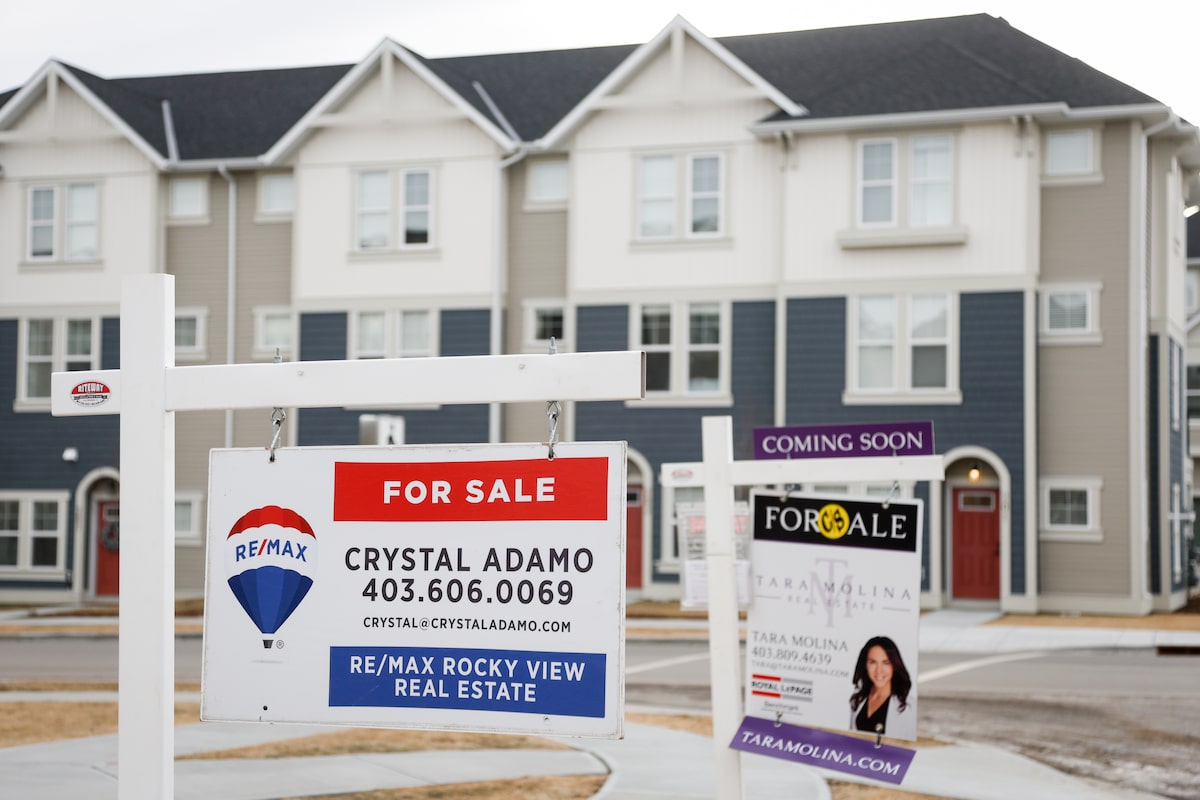A
s the fabric of society evolves, so too must the spaces that shape our lives. The real estate industry stands at a crossroads, poised to redefine its role in creating inclusive and sustainable communities.
The COVID-19 pandemic has accelerated a seismic shift in the way we think about physical spaces, from offices to homes and public areas. While market discussions often focus on declining valuations, they also reveal opportunities for renewal and reinvention. The industry's significance extends beyond asset value, playing a crucial role in municipal tax bases.
Innovation is already transforming our daily environments, where we live, work, play, and study. Leaders who have navigated multiple real estate cycles know that downturns create windows of opportunity for improvement. As new methods, players, processes, capital, and technologies emerge, the sector is ripe for innovation.
The pandemic has highlighted pressing societal challenges, including an aging population, a shift to hybrid work models, workforce disengagement, and loneliness. Real estate can be a powerful lever in addressing these issues. For instance, lower office building occupancies have given rise to urban farm industries, reducing carbon emissions by growing food closer to population centers.
Real estate owners are investing in new technologies, such as touchless systems and sensors, which are transforming buildings into smart spaces. Even elevators are becoming more intelligent, delivering people and goods based on destination.
To create vibrant communities where people can live, work, play, and study in proximity, municipalities must reassess their economic development strategies and tax incentives. This includes promoting affordable workforce housing, integrating educational environments with eldercare facilities, and developing community amenities that foster engagement and a sense of belonging.
As the need for office space diminishes, these assets can be repurposed to connect individuals and foster social ties, a key determinant of health and well-being. Sustainability is increasingly viewed through the lens of inclusive growth, responsible supply chains, and positive community impact. Real estate has a pivotal role in driving these goals by adopting sustainable practices and using eco-friendly materials.
However, driving innovation in real estate can be challenging due to resistance to change. Founding MWBE Unite created a platform to help lead the industry through needed changes, leading projects that tackle diverse project types, from consulting to operations. These projects span transformation of space use into hybrid designs, property technology, and related data analytics.
To innovate the real estate profession, it's essential to set aside traditional thinking, lead through uncertainty, create deliberate processes, and take an agile mindset. Now is the ideal time to reposition assets, design inclusive environments, foster community collaboration, and enhance sustainability. Through new technologies, we have the chance to reshape our spaces for future generations, creating a vibrant world where everyone can thrive.
In this era of transformation, real estate has the power to redefine its role in society, creating communities that are not only sustainable but also equitable and just. By embracing innovation and collaboration, we can build a brighter future for all.















